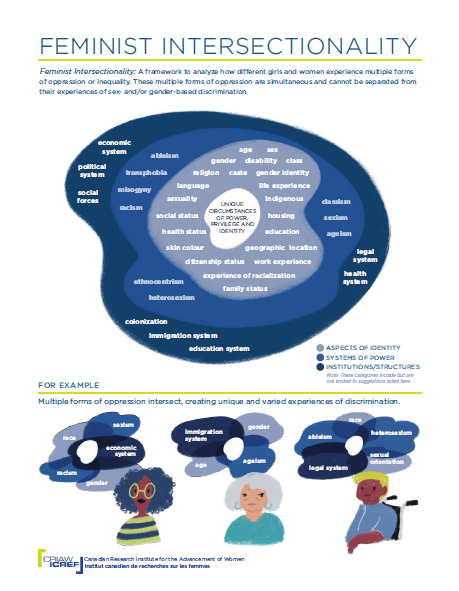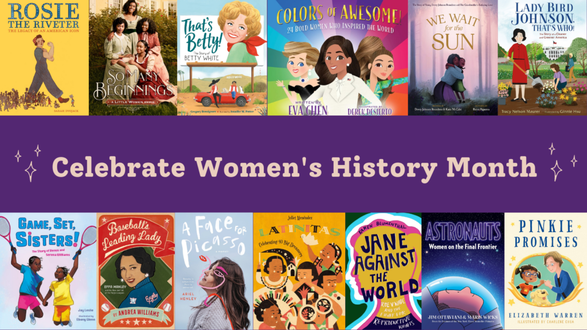|
Women's History Month commemorates and encourages the study, observance and celebration of the vital role of women in American history. The history of American women's achievements have often gone uncelebrated due to marginalization and exclusion of women. As recently as the 1970s, women’s history was virtually an unknown topic in the K-12 curriculum or in general public consciousness. To address this situation, the Education Task Force of the Sonoma County (California) Commission on the Status of Women initiated a “Women’s History Week” celebration for 1978. (Why March is National Women's History Month)
The push for women's rights and equality is also called feminism. Feminism is defined as a range of socio-political movements and ideologies that aim to define and establish the political, economic, personal, and social equality of the sexes. It's important to point out that true feminism cannot exist without thinking about intersectionality (the interconnected nature of social categorizations such as race, class, and gender as they apply to a given individual or group, regarded as creating overlapping and interdependent systems of discrimination or disadvantage). Feminism in the 20th century largely forgot and intentionally excluded Black women and women-identifying members of the LGBTQIA+ community. To truly achieve equality for women, all women must be included in the narrative and should have a voice. Below are resources about Women's History Month & the intersectionality in feminism:
3 Comments
|
AuthorWrite something about yourself. No need to be fancy, just an overview. Archives
June 2022
Categories |



 RSS Feed
RSS Feed